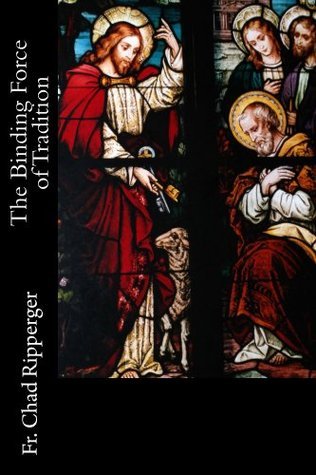What do you think?
Rate this book


63 pages, Kindle Edition
First published March 11, 2013
🔹Sacred Tradition essentially is the Church’s Magisterium, throughout history, fleshing out the Divine Revelation which ended with the death of the last Apostle.
🔸When a person does not accept the Sacred Tradition which is passed to him or does not pass on what has been entrusted to him, he sins against the virtue of faith.
🔹A rule of faith must be accessible to the general run of men since one must conform to it in order to be saved. Historically, many could not read; many do not have the leisure, i.e. the time, for the study of sacred Scripture, yet everyone can hear the preaching of the Church.
🔸Because so many of the traditions have been changed within the Church, we now have generations that lack virtually any knowledge of the tradition or any concept that the tradition morally binds them. This is an injustice against the two generations that have been robbed of the Church’s doctrinal, moral and disciplinary patrimony. In the last 45 years, the injustice is not just in the fact that they were robbed of these things being passed to them but even more so in the fact that they have been convinced that they do not need them.